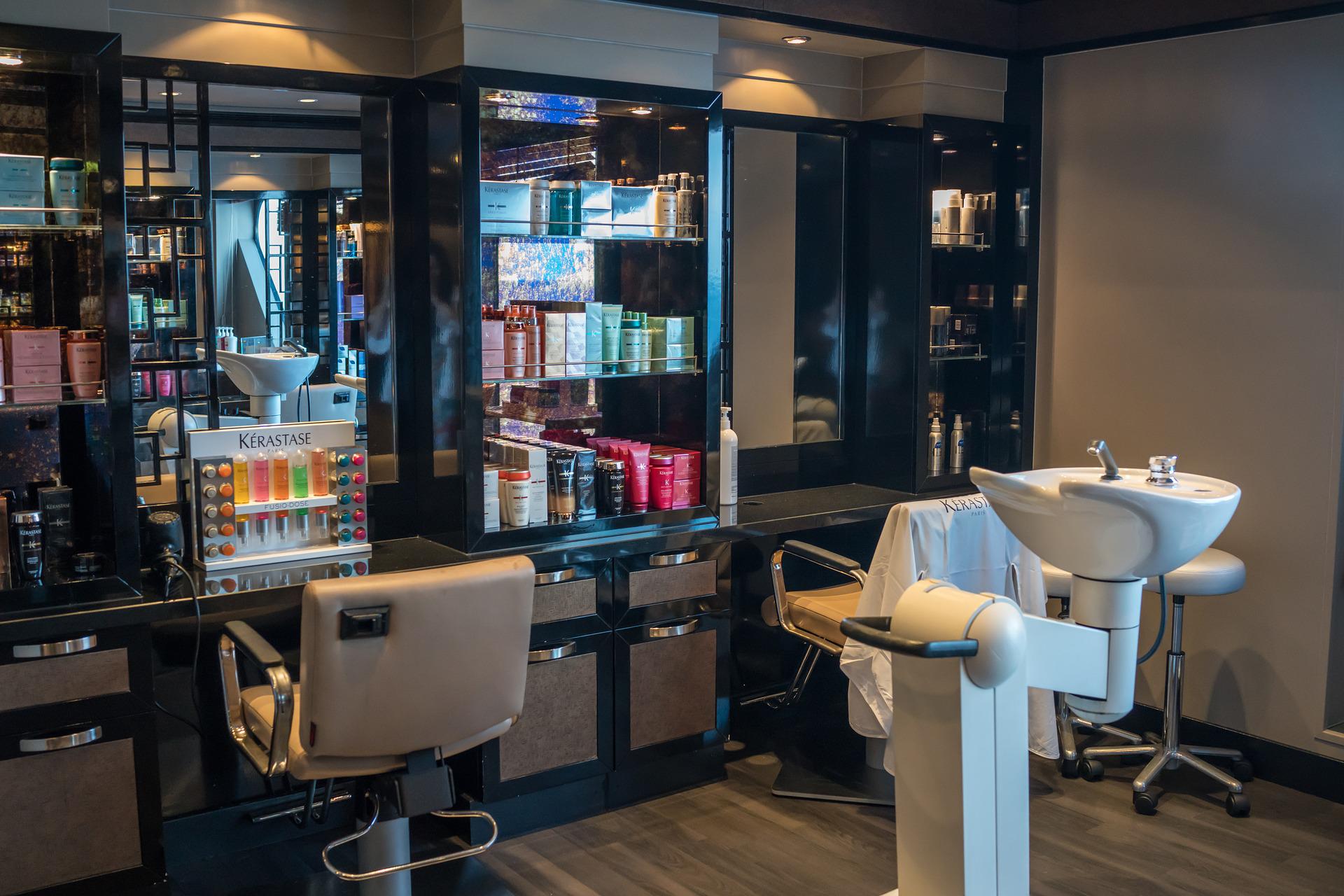Businesses across the board have been given a reprieve following the Chancellor’s announcement that the Retail Hospitality and Leisure relief (RHL) will be extended for another year. Up to one million eligible businesses are set to benefit from the extension, which currently offers 75% off business rates. The British Beers and Pubs Association estimates the sector will save £350 million a year due to the freeze on the small business rates multiplier.
The RHL was introduced in response to the pandemic, initially providing 50% off business rates before increasing to 75% at revaluation in 2023. Business leaders had feared the generous relief may be scrapped or reduced, but the Chancellor has re-affirmed its extension, though stricter eligibility criteria have been introduced.
Anthony Hughes, Managing Director of RVA Surveyors, said: “The extension of RHL was probably best-case scenario for those in receipt. Yes, eligibility criteria is tighter, but for those who already have this in place it will give them peace of mind that they’re not suddenly going to have to pay one-hundred percent of their liability from next April.”
The Chancellor’s autumn statement also revealed a conflicting decision on business multipliers, with the small business rates multiplier frozen at 49.9p, but the standard multiplier increasing by 6.7%. Businesses with a rateable value (RV) of more than £51,000 are set to face £1.5 billion added to their bills from April 2024 due to the increase, a decision that the British Retail Consortium (BRC) described as “disappointing”.
The statement did not address the need for major reform of the business rates system, which has been criticised as outdated. Hughes said: “The business rates system needs a long-term plan. Business rates have been waiting for an overhaul. They [VOA] have the means and capability to conduct on-site property inspections. It is well within their ability and manpower to ensure every commercial property is inspected and is given an accurate valuation in a rolling three-year tax cycle.”
He continued: “Businesses should be able to afford this commercial property tax. But bureaucracy and a lack of accuracy have made this increasingly harder. What the autumn statement gave us were short-term fixes; most of them are not sustainable in the long-term. Business rates payers need to see a fair and accurate plan that represents each unique property.”





